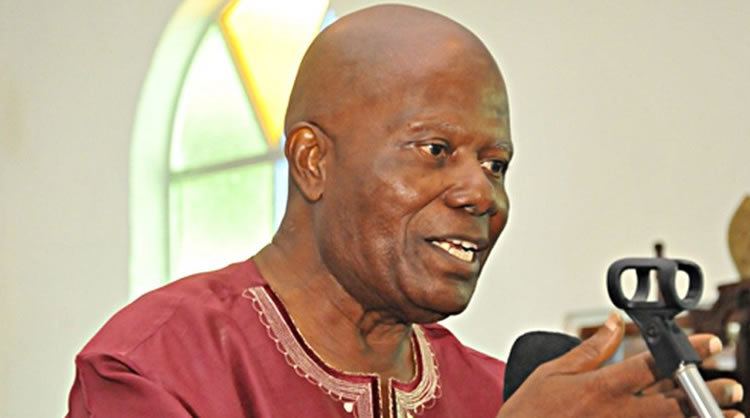As the deadline for achieving the Sustainable Development Goals (SDGs) approaches in 2030, a stark realization emerges: only 17% of these objectives have been met. This alarming statistic can largely be attributed to the impact of climate change, which global experts cite as a significant barrier for progress, especially among countries in the Global South where 95% fall below expectations. Despite this pressing issue, there seems to be a pattern of deflection by those in power, who focus on blaming climate factors rather than acknowledging the roles of deforestation and poor governance in hindering progress. Power dynamics are evident, as rich countries continue to fund initiatives that mask the real problems and distract from the ongoing destruction of forests that exacerbates the climate crisis.
A critical analysis reveals that rather than fostering reforestation and ecological sustainability, those in authority are engaged in systematic deforestation. This destructive practice has led to severe consequences, particularly in nations like Liberia, where communities face the dire repercussions of losing their natural forest cover. The human cost has been heavy, with increased flooding resulting in loss of life and widespread injuries. Moreover, the education system is suffering; students lack basic amenities and resources, such as adequate seating, owing to the country’s overwhelming poverty and inadequate management of its rich natural resources. Liberia, endowed with some of the finest timber species in the world, paradoxically finds itself in a situation where educational opportunities are severely compromised.
This widespread educational deprivation creates a cycle of poverty that is profoundly entrenched. Without effective education systems, pathways to economic growth and development are obstructed, leading to stagnation and ongoing struggles against poverty. This predicament has a ripple effect, as impoverished societies often become breeding grounds for violence and instability. The situation in Liberia is telling, as a 2022 study by Afrobarometer indicates a clear consensus among the populace that the nation is moving in the wrong direction. The manifestations of this discontent can lead to extreme measures, including coups and civil unrest, which further undermine any efforts towards stability and development.
This pervasive poverty and violence can be addressed through the application of good science as opposed to bad science. Emphasizing the importance of good science, the notion encompasses a commitment to raising public awareness and fostering engagement in the political process. This involves a collective quest for a just society and meaningful governance that can only arise through transformative electoral practices. Only when a fair, enduring electoral system is established can individuals with proven integrity and capability emerge in leadership roles, guiding the nation towards a path characterized by justice, peace, and progress.
Furthermore, it is crucial to recognize that the solution to these problems lies in a commitment to sustainable practices, particularly regarding environmental stewardship and education reform. By prioritizing the restoration of forests and prioritizing reforestation, communities can mitigate the effects of climate change. This strategy not only addresses environmental degradation but also has far-reaching implications for economic development and social stability. Educational investment must similarly be prioritized, ensuring that future generations are equipped with the knowledge and skills necessary to thrive. A focus on high-quality education is fundamental in breaking the cycle of poverty and violence that has plagued many nations.
In summary, it is essential for global leaders and local stakeholders alike to acknowledge that the challenges they face are multifaceted and complex. Blaming climate change without addressing root causes, such as deforestation and poor governance, will only perpetuate the cycle of poverty and violence. A shift towards good science, sustainable practices, and comprehensive reform in education and governance is crucial. Together, these elements can instigate meaningful change that aligns with the intended objectives of the Sustainable Development Goals, fostering a future where justice, peace, and economic development can be realized for all.


